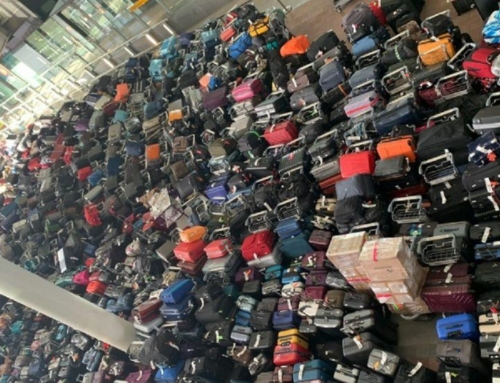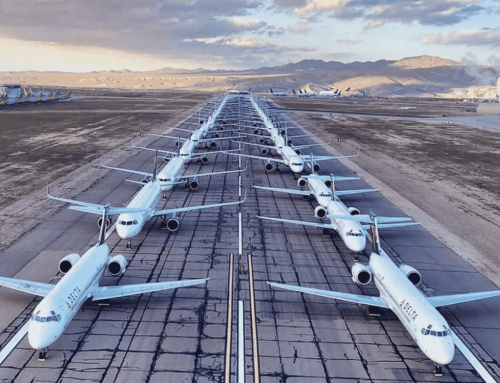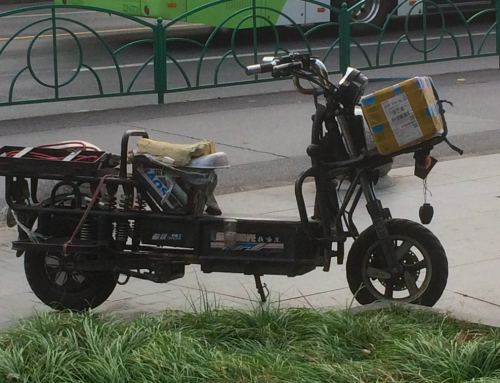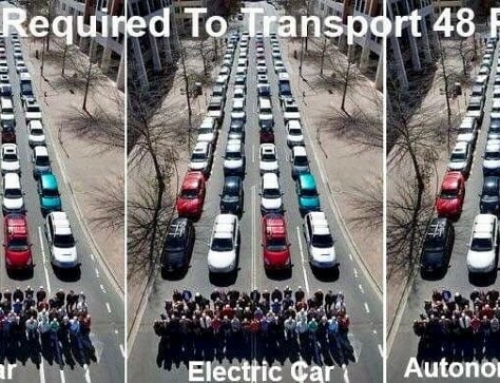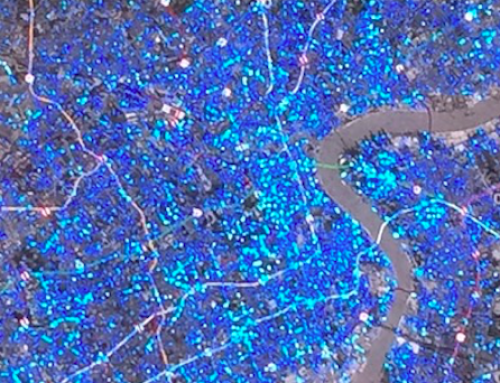I’m running ths story again because the > Pixelache Uni final programme has just been publshed.
* * *
OK, so you know and I know that air travel is simply not sustainable. But we do it anyway because we are hypocrites (I took 78 flights last year) and also because substitutes for mobility, such as videoconferencing, simply don’t afford the same quality of interaction. Despite decades of development (the first videophone was launched by IBM in 1964) tele-hugs are simply not the same as the real thing.
But what happens if people like me stop being hypocrites and/or, during some near-future eco-political paroxysm, which I’m sure will come, air travel is banned or curtailed? In that case, we’ll have to make to do with mobility substitutes – and find ways to improve the experience.
The reasons why channels such as videoconferencing are so dissatisfying are complex – but the issues are not new. Philosophers have been perplexed by the relationship between body and experience for 2,000 years, and Ludwig Wittgenstein wrote a whole essay about “kissing the picture of one’s beloved”.
Latterly, cognitive scientists such as Andy Clark have explained in some detail the ways that our brain, body, and world “are united in a complex dance of circular causation and extended computational activity. The biological brain is populated by a vast number of hidden ‘zombie processes’ that underpin the skills and capacities in which successful behaviour depends”.
These unknown, and possible unknowable aspects of consciousness are also why game designers talk about the “Uncanny Valley” that a player enters, no matter how high the resolution of the interface being used, when starting a game.
Zombie processes will feature in an event we are helping to organise at Pixelache University in March. Our host is Pixelache’s Rektor Juha Huuskonen . I am preparing a paper for the event called “The Face to Face Meeting in The Age of Digital Reproduction”. (It’s 70 years since Walter Benjamin wrote ‘The Work Of Art In The Age of Mechanical Reproducton’ and I will ask whether we might design virtual encounters more effectively if we were look more to iconography, ritual, and the poetic imagination – and less to brute bandwidth). Joining us will be media artist Daniel Peltz, and the son of a pilot and an air stewardess, now design entrepreneur Andreas Zachariah.
Before you start barfing, yes I will fly there. But I’m committed to reduce my flights by 90% within ten years – so for me this subject is serious and practical. Saturday 15 March, Kiasma Theatre, Helsinki. You need to register here.
